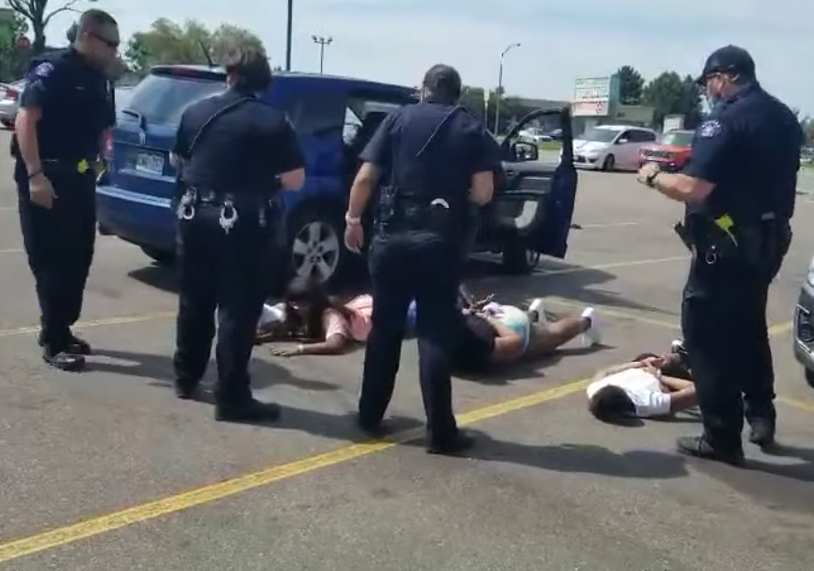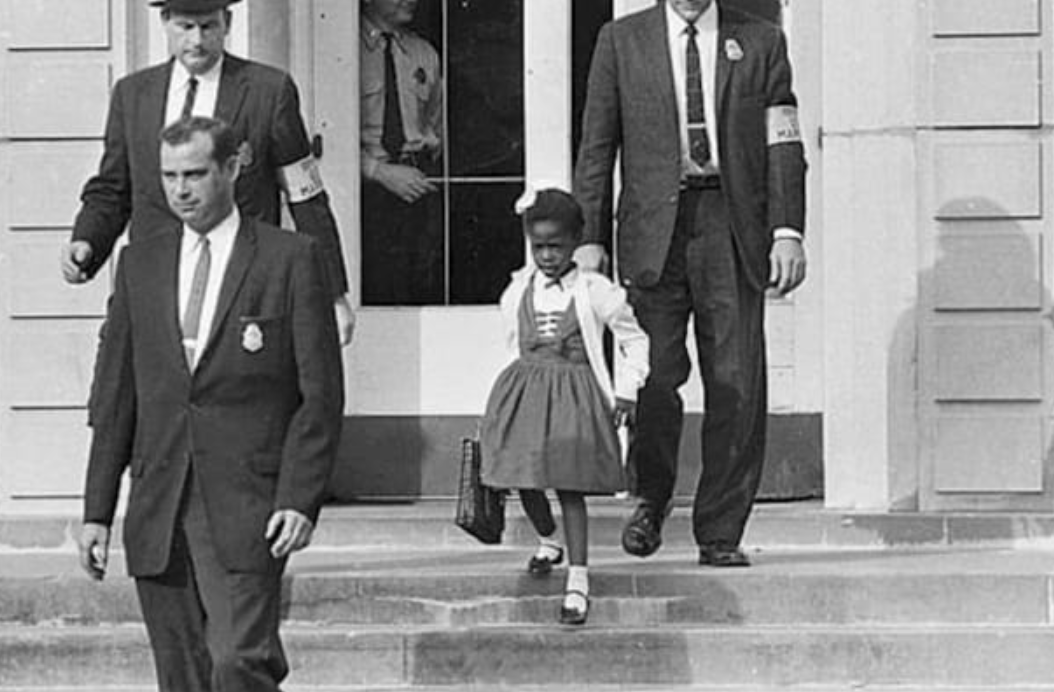Following President Trump’s nomination last month, Justice Amy Coney Barrett was unanimously voted and confirmed into the United States Supreme Court last Monday.
Although Justice Barrett has been praised by the White House for both her “sympathetic yet impartial” nature and ability to uphold the U.S. Constitution, her refusal to clearly answer questions about voters’ rights, and marginalized communities during the past month have been unsettling. Her career as a judge, litigator and professor suggest that the security of individuals’ rights within the Black community are at stake.
During her hearing, Justice Barrett was asked several questions, many of which she neglected to answer coherently.
When asked about voter suppression tactics that directly and disproportionately targeted Black and Brown communities, her response was evasive.
“I wasn’t aware of the statistics that you were citing to me,” she said. “If it became relevant in any case that was litigated before me and was presented to me, I would of course have an open mind about it.”
Similarly, when asked if “the president [has] the authority to unilaterally deny the right to vote to any person based on their race,” Justice Barrett declined to directly state that the president did not possess that degree of power. Instead, she vaguely quoted the 14th and 15th amendments, which prohibit voter discrimination but also stated that she would not “answer hypotheticals.”
Again, Justice Barrett resorted to her “hypotheticals” answer when asked if voter intimidation was legal.
“I can’t characterize the facts in a hypothetical situation and I can’t apply the law to a hypothetical set of facts,” she responded. “I can only decide cases as they come to me, litigated by parties on a full record, after fully engaging precedent, talking to colleagues, writing an opinion, and so I can’t answer questions like that.”
However, Section 11 of the Voting Rights Act of 1965 clearly states that “no person, whether acting under color of law or otherwise, shall intimidate, threaten, or coerce, or attempt to intimidate, threaten, or coerce any person for voting or attempting to vote,” making this not a hypothetical situation, but the law.
Considering that racial biases and Voter ID laws often limit Black people’s ability to participate at the polls, it is disheartening to witness Justice Barrett’s lack of knowledge of the law given her recent confirmation into a lifelong position. Considering her career and former rulings, however, it appears her lack of knowledge and sympathy is a direct result of her privilege.
In a letter from the NAACP, the organization condemned Justice Barrett for her ruling in the Smith v. Illinois Dept. of Transportation case, where she concluded that the use of the “n-word” did not create a hostile work environment. When questioned by the Senate Judiciary Committee, her justification for her ruling was a misuse of evidence presented by Mr. Smith and his counsel. However, both Mr. Smith and his advisors made clear on several occasions that the basis of their claim to the was the use of the “n-word” by his supervisor. Due to Justice Barrett’s ruling in the case, Mr. Smith was unable to present his case to a jury, as she believed that a jury would not be able to conclude that a racial slur could create a bad work environment. As a result of the ruling, Mr. Smith not only faced frequent threats from his supervisor over the loss of his vehicle and home but also had to receive treatment for depression.
Justice Barrett’s inability to understand, properly proceed or exercise empathy in response to a racial epithet as harsh and as frequently abused by white and non-Black POC as the “n-word” is an issue. It also suggests that her recent confirmation might serve as a threat not only to the Black community’s voting rights but also to their physical and mental well-being.






